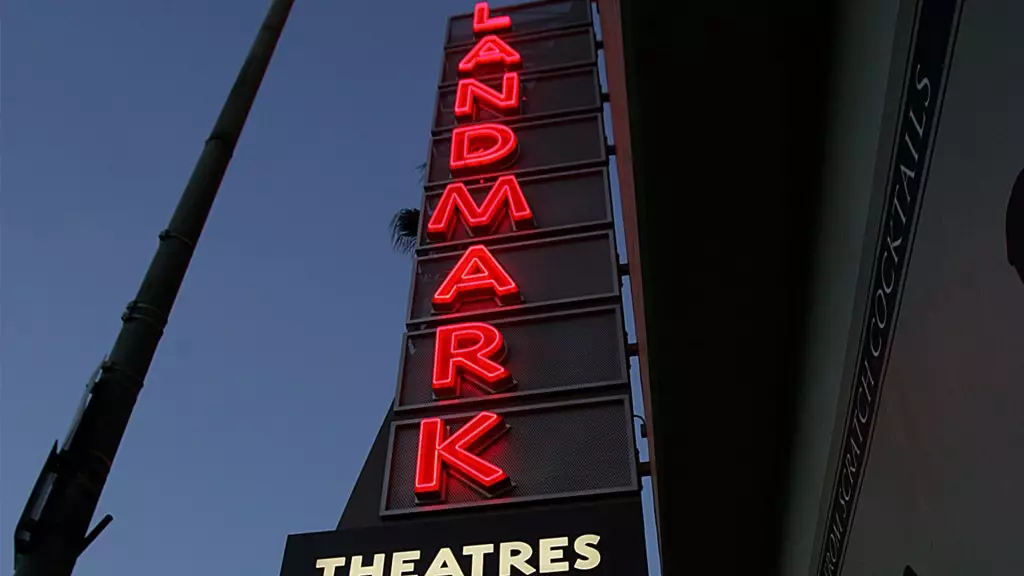In a significant legal development, a New York State Supreme Court judge has delivered a ruling that underscores the complexities of commercial real estate finance. Charles Cohen, a prominent real estate mogul, has been ordered to repay Fortress Credit Corp. a staggering $187.25 million if an impending auction of his assets, which includes the renowned Landmark Theatres, fails to satisfy over $500 million of outstanding debt. The conflict centers on a loan dispute that has been escalating for over a year, with multiple extensions and negotiations yielding no fruitful resolution.
The Loan and Subsequent Legal Proceedings
The legal tension began with Cohen’s receipt of a loan amounting to more than $533 million through Cohen Realty Enterprises LLC and related entities. Fortress Credit Corp. accused Cohen of default, citing his inability to negotiate satisfactory terms for repayment amidst an increasingly challenging economic environment. These circumstances led Fortress to initiate legal proceedings that culminated in Judge Joel M. Cohen’s ruling during the summer. He established a crucial auction date, November 8, to facilitate the sale of Cohen’s collateral assets, which not only encompass Landmark Theatres but also a design center, an office tower, and a hotel.
In his ruling, Judge Cohen emphasized the need for repayment, clarifying that this guaranty was intended to safeguard Fortress’s interests, particularly following the protracted negotiations over the debt. Fortress’s position was bolstered by the judge’s denial of Cohen’s attempts to delay the auction and to request a preliminary injunction, signaling a clear direction for the upcoming legal and commercial proceedings.
Potential Outcomes of the Auction
The scheduled auction represents a pivotal moment not just for Cohen but for the New York real estate landscape at large. Should the assets fail to cover the substantial loan, the impact will reverberate through the market. This auction could emerge as one of the most significant in the history of New York real estate, indicating a shift in the valuation of commercial assets under the Uniform Commercial Code (UCC). There’s a possibility that new buyers will step in, altering the course of the properties involved and redefining their contributions to the cultural and economic fabric of the city.
With Cohen having acquired Landmark Theatres in a pivotal deal in 2018, the current situation is especially poignant. This acquisition was made during an era marked by the onset of the COVID-19 pandemic and tumultuous labor strikes that dampened the film exhibition industry. It raises questions about the sustainability of such acquisitions in a fragile market impacted by broader economic forces.
While Cohen’s team has expressed optimism for a favorable resolution despite the legal hurdles, the reality is that the upcoming auction and its results will be crucial to determining his financial future and that of the properties in question. As the litigation unfolds, stakeholders will be closely observing these developments, not only for their immediate consequences but also for the precedent they set within the commercial real estate sector. Ultimately, the outcome may serve as a bellwether for the strength and resilience of the industry as it navigates post-pandemic challenges and changing market dynamics.

